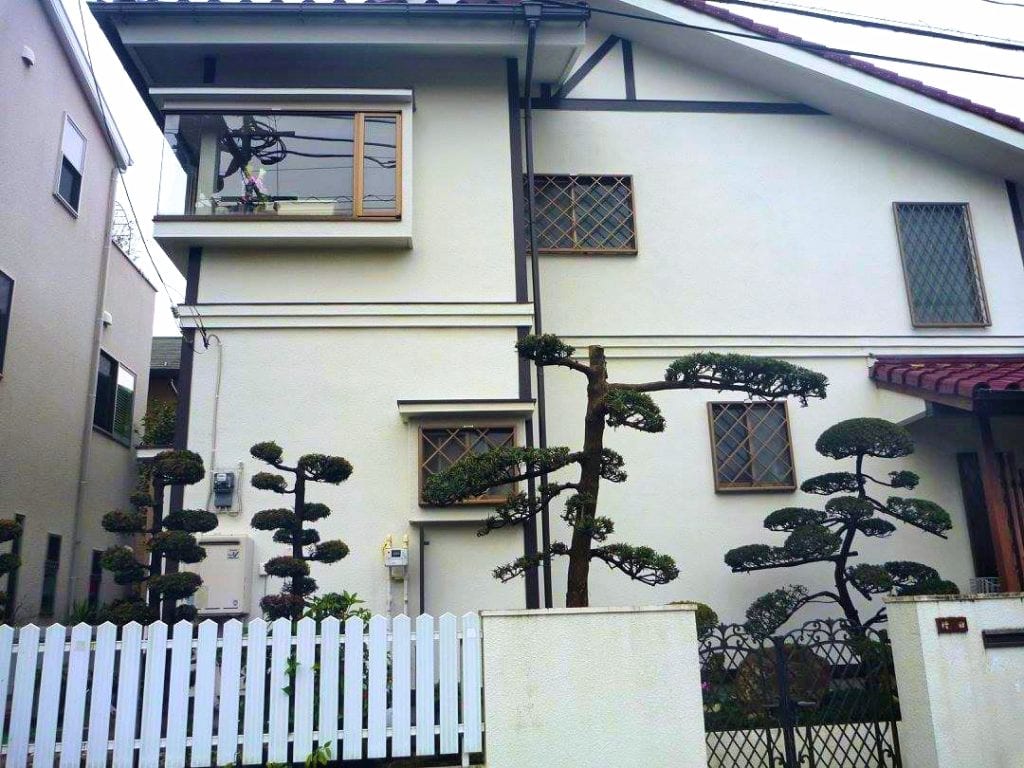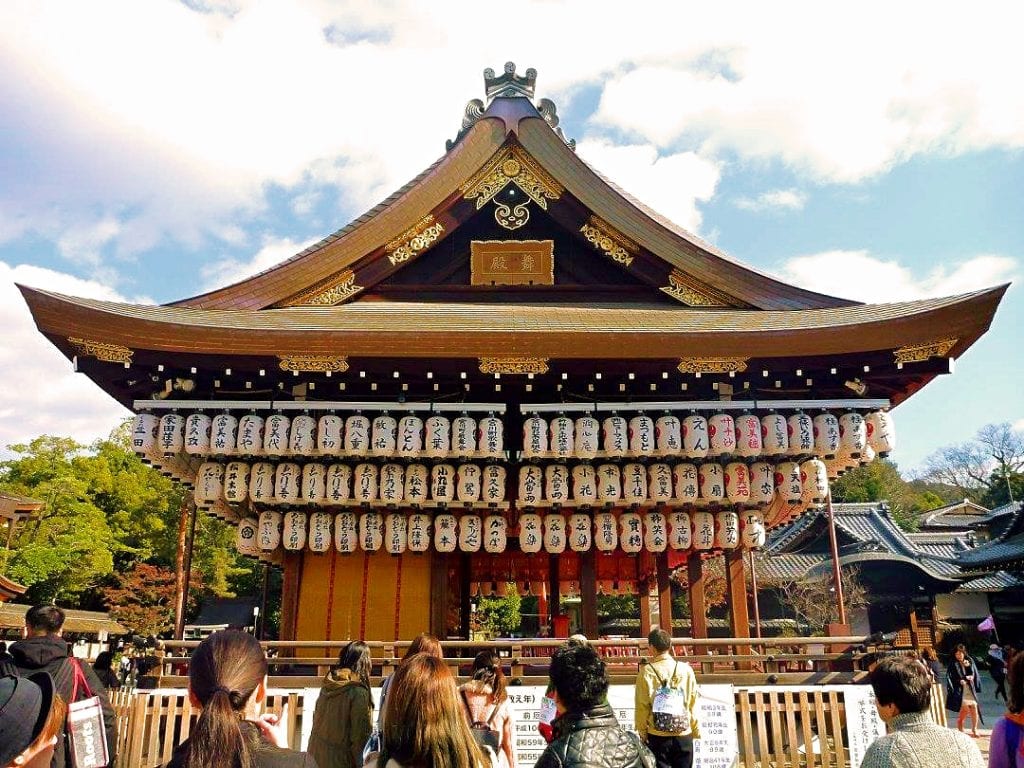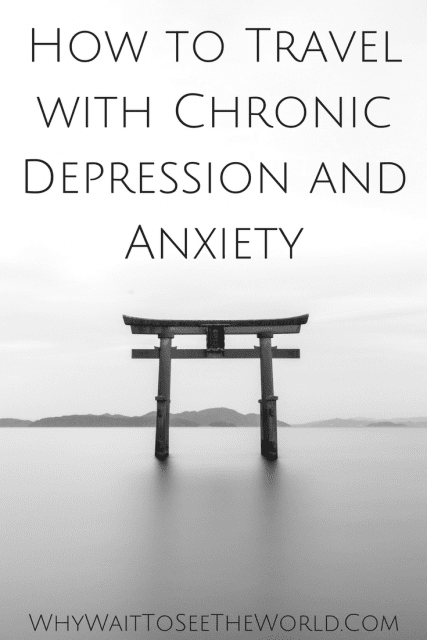Few bloggers write about what it’s like to travel with chronic depression or any mental illness, let alone how to cope with it. It looks like nights spent crying alone in your dorm bunk, days spent avoiding talking to anyone in the hostel and sleeping when you could be exploring. The blogging community is full of inspiration, uplifting stories, and endless positivity around personal growth. Understandably so, because travel is a source of eye-opening experiences that broaden one’s horizon. But what about travelers like me, who have lived with chronic depression and anxiety for several years? Mental illness has an impact on every aspect of our lives, including the way we travel.
I was formally diagnosed with depression and anxiety in 2013, but I have been living with both since the age of fifteen. I describe my depression as chronic because it doesn’t depend on the circumstances of my life, and I go through deep depressive periods multiple times a year. During these periods, I sleep more than twelve hours a night, nap every day, and struggle to summon the energy to attend university or socialize. My brain feels foggy and bogged down, and I have an overarching feeling of hopelessness and despair.
Growing up, I constantly struggled with social anxiety. I felt overwhelmed in all social situations, remained silent, and struggled to make new friends. This continued into my early adulthood, and before any social gathering, I would experience rising nausea and shaky hands. I still struggle with these anxious feelings today but have learned how to keep them under wraps and pretend to be confident.
The nasty truth about chronic mental illness is that it doesn’t go away just because your life is headed in a positive direction. This applies to travel in particular. I spent a month of travel in Colombia living in a deep depression. I had spent years dreaming of traveling to South America, but a period of depression took over my life when I arrived. I still went out exploring and socializing, but I slept a lot more than I would have liked and had to take more rest days for myself.
Travel with chronic depression or a mental illness is more difficult, but definitely not impossible. These are some of the strategies that I use to cope.
Contents
Travel at your own Pace
You lose a lot of days to sleeping when you have chronic depression. If I tried to race between cities and spend only a few days in each one, I would be more exhausted and never see anything. Depression necessitates taking life slower and mixing up activities with rest periods so that you don’t completely burn yourself out. Slow travel is definitely the name of the game. I try to spend at least five days in each town but would love to spend upwards of a week if I had unlimited time.
Mindful Socialization
The most helpful strategy for overcoming social anxiety is tricking yourself into seeming more confident. A big part of this is being mindful of your body language and of people around you. You naturally stand more closed off when you are feeling stressed or anxious, but focusing on pushing your shoulders back, standing up straight, and smiling, does a lot to make you seem more approachable. I also focus on my breathing before entering a social setting and rub my inner arm with my fingers to soothe myself.
I also strategize the right people to approach in a social setting. In a hostel common room or bar, I look for people who are either alone or in pairs. I seek out people who have open body language and rehearse in my head a couple questions to ask them. People love to talk about themselves, and so turning the conversation to the other person is an easy way to keep them talking when you are feeling anxious allows you to meet people when you travel with chronic depression.
Social Safety Nets
It can be confronting to travel alone when you have social anxiety, but a helpful strategy is putting yourself into situations where you are forced to socialize. Couchsurfing has been really beneficial for me in this regard. Staying with another person or a family forces you to interact with them when you travel with chronic depression. In addition, you get the benefits of cultural exchange and someone who is checking up on you and involving you in all of their social gatherings. I stayed with a couple in Córdoba, Argentina, who took me to meet all of their family members, as well as on trips to the mountains around their city. I felt genuinely included and cared about, which helped to considerably reduce my anxiety and feelings of loneliness.
Signing up for tours in your hostel, or arranging to meet up with others through apps like Couchsurfing is another way to socialize in a less confronting way. Group tours are particularly beneficial because you are often in close proximity with just a few other people who share the same interests as you. People are generally friendly and willing to talk to you, but you just need to take a step to put yourself in a situation where you are forced to socialize.
Be Wary of What You Consume
A recurring issue in my life and with my travel with chronic depression has been alcohol. Living with chronic depression is not conducive to binge drinking, as many backpackers like to do. Alcohol lowers my mental filters, meaning that I can’t block out all the negative thoughts that are constantly trying to bombard my brain. This doesn’t happen every time that I drink, but it can be hard when you are alone with virtual strangers and your brain is telling you that you are worthless and unlikeable. I try to restrict myself to just a couple of drinks and avoid drugs completely. I also make sure to pack enough anti-depressants to last me my entire trip, and set alarms to remind myself to take them at the right time.
Travel with chronic depression and anxiety can be really challenging, especially when you prefer to travel alone. However, it is not an impossibility, and can even lessen the impact of mental illness in your life. My depression has largely been unchanged by travel, but my social anxiety has greatly reduced as a consequence. Forcing myself to socialize and meet new people has put me in the habit of overcoming my anxious instincts to avoid new people. This, in turn, has increased my confidence and made me feel more capable of traveling alone and socializing in general. Travel can definitely be a catalyst for reducing social anxiety, but you need to adopt strategies to make the process easier.
Kate Beveridge is a solo traveler, writer, and mental health enthusiast. She lives with borderline personality disorder, chronic depression, and anxiety. She is passionate about ethical travel and learning how to travel with chronic mental illness, which you can read about on her site Her Travel Therapy.





